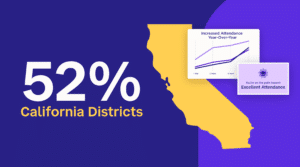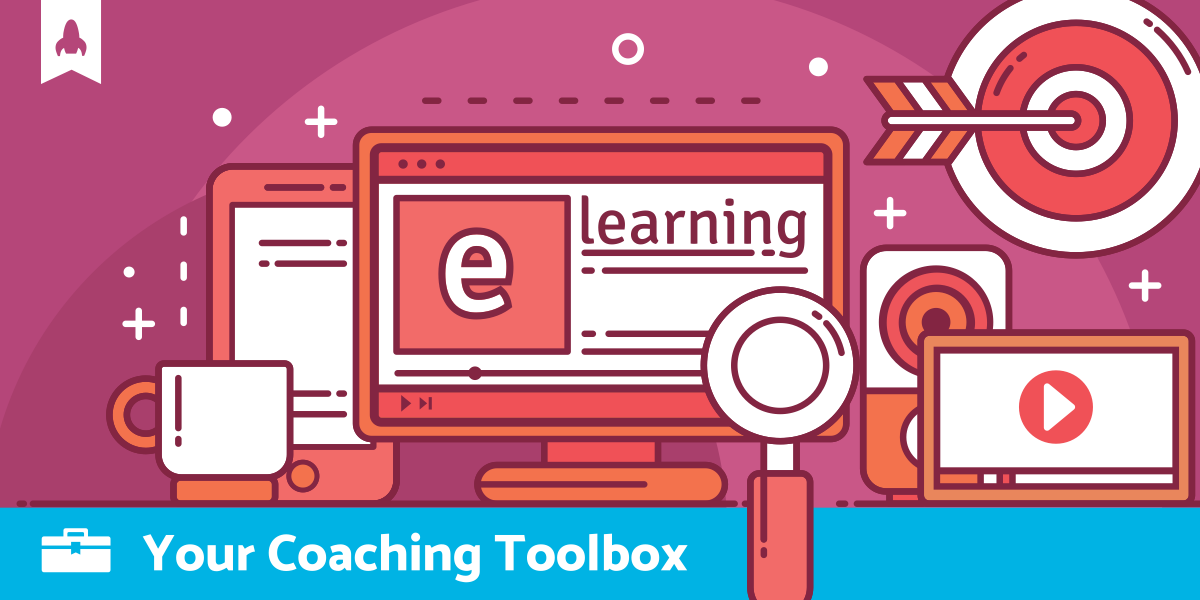
Featured Resource
Why Over Half of California School Districts Trust SchoolStatus
Read More >Join Mission: Attendance to reduce chronic absenteeism in 2025-26! >> Learn How <<






As the coronavirus pandemic forces states and districts to suspend instruction, leaders are adapting with a shift to distance learning. Stephanie Affinito, literacy education professor at the University at Albany in New York, offers four ways coaches can support teachers during their transition to a new reality: working remote.
Only have a few minutes? Watch Stephanie talk about the major takeaways from her article. Then come back later to read the full thing!
A
s the events of our world continue to unfold, educators everywhere are shifting their instruction to online spaces to support their students’ learning remotely. Classroom teachers are working tirelessly to ensure everyone stays connected and that their students continue to learn amid COVID-19 school closures. They’re gathering resources, connecting with students and other educators online, and rethinking what learning looks like in times of crisis.
Instructional coaches and leaders are also working alongside teachers to support the transition to online education and wade through the sheer quantity of resources shared online. We’re planning online units of study, gathering digital texts and activities, and compiling helpful links to support students’ learning in new spaces.
With all this change happening so suddenly, I’ve been pondering questions like:
I’d like to offer a few ideas that we can use to help sustain our teaching and learning communities from afar.
Educators are used to working with large social groups of colleagues and students. The sudden disruption of our communities of practice can add additional stress to our already taxing days, leaving us feeling isolated, lonely, and even scared.
During these times, coaches need to reach out to teachers to ensure they’re still heard and seen. We can send weekly or daily emails asking a teacher how they’re doing or how you might help from a distance, sending messages of support through our social feeds. In addition, we can offer our support, helpful resources, and even a dose of inspiration to brighten a teacher’s day.
Although we might not be able to host in-person PLCs or team meetings, we can create opportunities for teachers to come together online. These channels can open the door for educators to talk about their new normal, collaborate with colleagues, and problem-solve challenges in a supportive community.
Coaches can facilitate these meetings by scheduling Google Hangouts, Zoom sessions, Twitter chats, or even creating Voxer groups for asynchronous sharing. If you’re interested in joining my Voxer coaching group, send me a message and I’ll add you in!
Typically, coaching cycles involve a series of coaching conversations and co-teaching to collaborate in the classroom. While in-person collaboration might not be possible in these times, we can partner with teachers through virtual coaching cycles. You might team up in Google Classroom, co-create instructional resources, or simply gather helpful instructional materials to support instruction for each teacher.
It’s no surprise that many educators are feeling overwhelmed as they make the switch to instruction and learning online. As a coach, it’s important to keep teachers focused on what matters most: authentic reading and writing, and learning that meets students’ needs in our rapidly changing world.
You can give teachers permission to live as readers and writers in their new downtime by sharing your own. Post the books you’re reading, snap pictures of your own writing and learning, and remind them that it’s perfectly acceptable to give ourselves permission to simply be and reflect on things as they evolve.
Each passing day brings new events, challenges, and opportunities for growth. Let’s team with teachers to re-imagine teaching and learning in these unprecedented times through empathy, compassion, and hope for the future!
{% video_player “embed_player” overrideable=False, type=’scriptV4′, hide_playlist=True, viral_sharing=False, embed_button=False, width=’1920′, height=’1080′, player_id=’27520703774′, style=’margin: 30px auto 0px;’, color=’0069ff’, play_button_color=’0069ff’ %}
Stephanie Affinito is a Staff Associate in the Department of Literacy Teaching and Learning at the University at Albany in New York. She has a deep love of literacy coaching and supporting teachers’ learning through technology. Stephanie creates spaces for authentic teacher learning that build expertise, spark professional curiosity, and foster intentional reflection to re-imagine teaching and learning for students.
Additionally, she presents regularly at state and national conferences on literacy coaching, teacher collaboration and supporting teachers’ reading, writing, and learning through innovative technology.
Be sure to check out her recently published book with Heinemann Publishing, Literacy Coaching: Teaching and Learning with Digital Tools and Technology.
{{cta(‘352a410e-db79-4f33-a482-d301e8041965′,’justifycenter’)}}
Image courtesy of Vecteezy.
 SchoolStatusSchoolStatus gives educators the clarity and tools they need to get students to class and keep them moving ahead. Through our integrated suite of data-driven products, we help districts spot attendance patterns early, reach families in ways that work for them, and support teacher growth with meaningful feedback. Our solutions include automated attendance interventions, multi-channel family communications in 130+ languages, educator development and coaching, streamlined digital workflows, and engaging school websites. Serving over 22 million students across thousands of districts in all 50 states, SchoolStatus helps teachers and staff see what matters, act with speed, and stay focused on students.
SchoolStatusSchoolStatus gives educators the clarity and tools they need to get students to class and keep them moving ahead. Through our integrated suite of data-driven products, we help districts spot attendance patterns early, reach families in ways that work for them, and support teacher growth with meaningful feedback. Our solutions include automated attendance interventions, multi-channel family communications in 130+ languages, educator development and coaching, streamlined digital workflows, and engaging school websites. Serving over 22 million students across thousands of districts in all 50 states, SchoolStatus helps teachers and staff see what matters, act with speed, and stay focused on students.
News, articles, and tips for meeting your district’s goals—delivered to your inbox.






